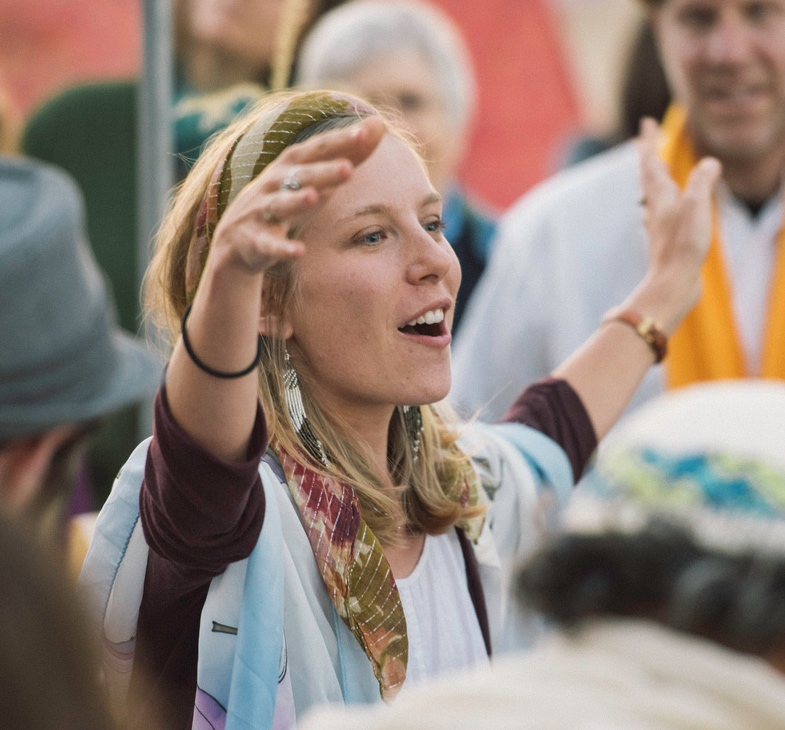
From Isolation to Holy Community
By Rabbinic Student Ariel Wolpe
Sitting in a circle with residents of Beit.T’shuvah, in treatment for.addiction, I hear a common theme emerge all around the room. A group of fifteen women are reflecting on their week, how they reached their goals and where they could improve, listening and encouraging one another. And yet, every other speaker shares feelings of isolation. “I’ve been staying in my room when I feel depressed, even though I know I should go downstairs,” one woman says. Another adds, “I don’t know how to reach out. There are people all around, but I feel utterly alone.”
Who doesn’t relate to that sentiment? Loneliness is among the most common, and the darkest, of human emotions. It is the first piece of creation that God fixes, when God declares, “it is not good for the human to be alone,” and fashions someone to draw Adam out of isolation. Although the road from loneliness means reaching out for help, it is often hindered by the belief that no one will understand, by fear of judgement, and by frustration when the effort doesn’t reap immediate reward. Paralyzed by shame and doubt, we turn to our phones as companions, to our drugs for comfort.
When I was in high school, I felt incredibly alone, certain that no-one understood me. I peered out at an unfriendly world from a stone castle, and although I knew the walls were my own, I could not break through them. In desperation, I turned to a lay-led minyan at my family synagogue for comfort. I was the youngest attendee by many years, but I didn’t come to socialize—I would sit among the daveners and listen to their voices, to the earnestness in their prayers. I investigated my own feelings in the safety of friendly faces and the singing of familiar songs; I voiced my pain and my desires through the words of my ancestors. I became part of something beyond myself, one of many, an individual traveler swept up in a river of journeyers.
A minyan, a gathering of 10 Jewish adults, is only one way the Jewish tradition attempts to battle loneliness. The Torah teaches us to open our eyes to the world around us, to help the poor and the disabled, to welcome the stranger and visit the sick, to create connections between souls through daily mitzvot. Throughout the ages, Jewish thinkers have explored different ways to strive to encounter each person as a thou, as a holy being with the breath of God flowing in and through them.
When my Beit T’shuvah clients feel alone and closed to the world, I let them know that I am there for them. And then, if they are willing, I invite them to feel the divinity within them, to help them know that they matter, that they are part of a greater whole. I guide them in reciting blessings, in meditating on their soul, or help them speak or sing to God in their own words. More often than not, a kind, listening presence can break the ice of isolation.
Each one of us can give this gift. Connection is at the core of being Jewish, of creating holy community. We can draw one another out with an outstretched arm, and shelter each soul with loving words and open hearts.
Ariel Root Wolpe is a musician, spiritual counselor and 4th year rabbinical student at American Jewish University. Ariel fuses her rabbinic learning and original music to create rituals and prayers for her community. She is associated with P’nai Or and other local synagogues. You can explore Ariel’s music, projects and her blog at www.arielwolpe.com
If you are a rabbi or rabbinical student who works in the Greater Long Beach and West Orange County community, and is interested in submitting a rabbinical reflection to the Jewish Community Chronicle, please call (562) 426-7601 ext. 1006 or email [email protected]
